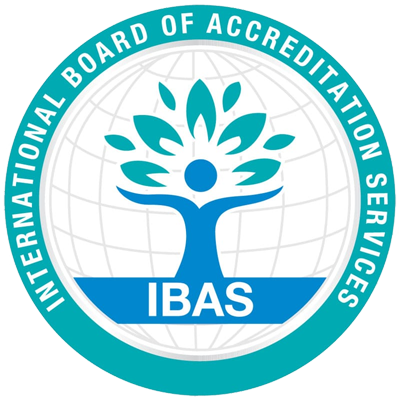Equally relevant and carrying significant value between both the workplace and personal life, transferable skills can be vital, especially for those changing roles or entering into a new industry. In this CPD article, we will explore and highlight the importance of these types of skills, as well as provide some examples of the best transferable skills that can enhance career prospects and personal growth.
What are Transferable skills?
At its most basic, transferable skills refer to those capabilities and competencies that are universally applicable across multiple job sectors and roles. Often perceived as by-products of career development, transferable skills constitute a robust framework that empowers individuals to be highly adaptable and successful, regardless of their chosen career path, trajectory or changes in circumstances.
Transferable skills can be seamlessly utilized from one context to another. These skills range from soft skills like communication and teamwork, to analytical ones such as problem-solving and strategic planning. They constitute a crucial part of an individual’s skillset, enabling them to adapt to a variety of professional settings with improved proficiency and expertise.
Why are Transferable skills so beneficial?
Transferable skills offer an array of benefits that are often overlooked in the traditional, skills-specific view of professional development. The importance of these skills extends beyond the boundaries of one’s current role and prospects, creating a foundation of versatility and adaptability. These types of skills increase employability, as employers highly value professionals who possess a diverse set of skills that can be applied to a range of situations and tasks. In today’s dynamic job market, this flexibility can make an individual a more attractive candidate, opening doors to opportunities that may have otherwise remained shut.
In addition, transferable skills foster personal growth and resilience. By developing a diverse skillset, individuals can navigate various challenges, both within and outside the professional space, with more confidence and efficacy. Resilience, adaptability, and problem-solving skills help one to tackle unforeseen obstacles or changes in a composed and proactive manner.
What are some examples of the best Transferable Skills?
Identifying the best transferable skills necessitates a comprehensive understanding of those that offer the most significant advantages in a fast-changing job market. Here, we explore and give examples of some of the top ten transferable skills:
1. Communication: The capacity to articulate thoughts and ideas clearly, comprehend others effectively, and adapt your communication style to different audiences. Communication is multifaceted, including verbal, written, and non-verbal forms.
2. Leadership: This skill involves directing and motivating a team, making strategic decisions, and taking responsibility. Effective leaders can inspire others and influence outcomes positively.
3. Teamwork: The ability to work collaboratively with others, respecting diverse perspectives, and contributing effectively to group tasks. Teamwork necessitates empathy, cooperation, and shared responsibility.
4. Problem-Solving: This involves identifying complex issues, analysing potential solutions, and implementing effective remedies. It requires creativity, critical thinking, and the capacity to work under pressure.
5. Strategic Planning: The capacity to set objectives, devise action plans, and anticipate potential challenges. Strategic planning requires foresight, organisational skills, and analytical thinking.

